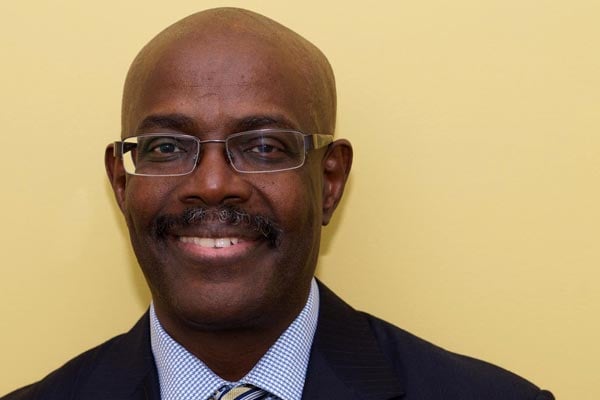Prime
NRM thieves may save homosexuals

Author: Alan Tacca. PHOTO/FILE
What you need to know:
- It seems President Museveni cannot dismantle corruption without the regime collapsing.
Even if not particularly interested in what Ugandans on the street think about their government, any first-time visitor would soon randomly hear references to ‘a government of thieves’; or ‘NRM thieves’; or ‘Museveni’s thieves’; or, more generally, ‘a country of thieves’.
The description, thieves, has been gradually replacing the more friendly characterisation, corruption.
These street voices are not borne out of malice or uninformed prejudice. They arise naturally from repeated observations and experiences as ordinary people try to understand the power above them, and to cope.
The former Milton Obote and Idi Amin governments were also corrupt, but they were more strongly associated with barbarism.
And although Museveni’s government is also barbaric, it is more strongly associated with corruption.
There may have been instances when NRM government officials did a completely corruption-free job, but the general picture of institutionalised dishonesty remains, and President Museveni has not convincingly used his power to change this perception.
If, for instance, there is a vacant high-profile position, and the choice is between a hyena, a hog and a horse, ordinary people now assume that the President and his team will avoid the horse, unless the horse is known to run in two opposite directions at the same time.
We live in times when the Executive cannot deny bribing legislators, and when top politicians think that stealing is all right if the stolen money or goods are invested locally or used to bribe voters.
Perhaps Mr Museveni will someday ask his ‘scientists’ to investigate whether this NRM tendency is natural/genetic or nurtured/cultivated.
Meantime, after 37 years of sustained theft in high offices, the NRM government has created a huge structure of pumps, intertwined arteries, veins and suckers that make Uganda a vampire state, and which it seems Mr Museveni cannot dismantle without the regime itself collapsing.
Unfortunately, the way the vampire model works in the real world, you need an excess of resources from somewhere to refill the system at the same rate (or faster) as it is drained.
To achieve this, the vampire state can plunder other countries. It can exploit its own natives by paying them slave wages in lucrative sectors like mining. It can overtax the huge underclass, the unprivileged. It can court or manipulate richer countries for gifts and loans.
The NRM government has done and still needs many of these things to survive.
However, the regime now finds itself in a difficult catch. It has been paying lip service in chorus with the champions of the anti-homosexuality Bill recently passed by Parliament.
But if the Bill is signed into law by the President, the rich liberal countries that have traditionally propped up the government may reduce their financial support.
If the Bill is not signed, or if it is signed and legalistic devices are deployed to nullify it, the hypocrisy of the regime will be conspicuously exposed.
Logically, everything else being equal, President Museveni’s government would need the money less desperately if his regime was less corrupt. It would be easier to sign.
By inference, Archbishop Stephen Kaziimba and other champions of private morality would see that signature more quickly if they had fought and succeeded at making the NRM cultivate its public/governance morality.
You can see how Uganda’s homosexuals, lesbians and other bedroom eccentrics could benefit from NRM corruption.
The resulting financial desperation of the regime may be their lifeline.
This Easter, homosexuals may therefore be praying for the NRM regime to attract many more thieves to make itself even less solvent. Sinners redeeming fellow sinners.
Alan Taaca is a novelist, socio-political commentator.
[email protected]




